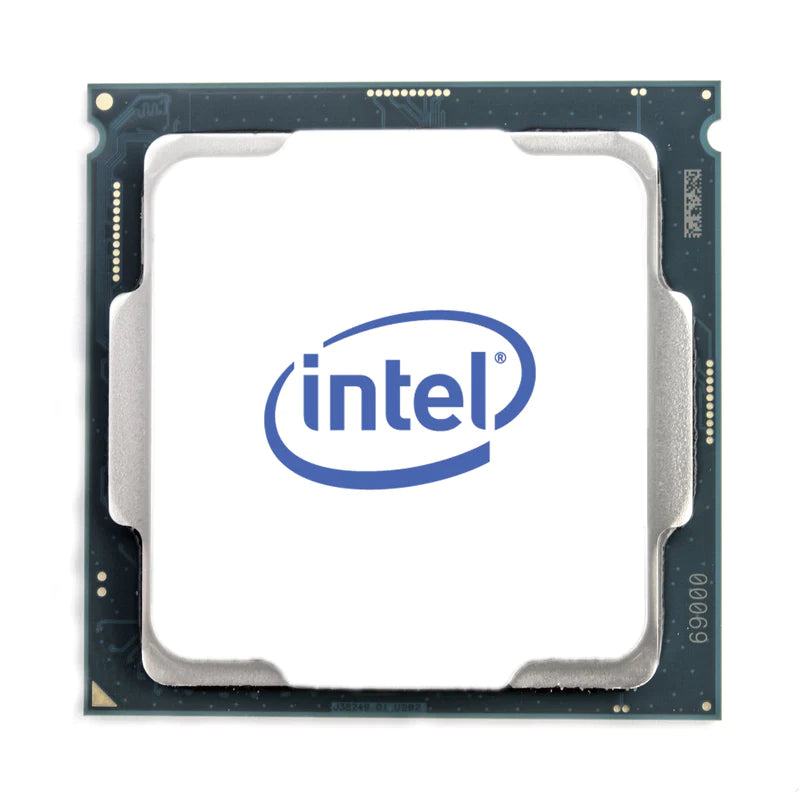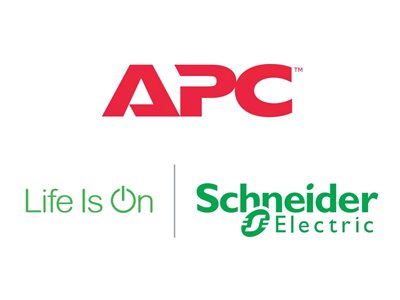CPU/Processors Buying Guide
Introduction
Choosing the right CPU or processor is the difference between having a computer that sails forward with fast speeds and having one that has serious hiccups and can’t even complete the most simple procedures.
There are far too many people who buy a computer but they don’t put the right amount of attention into the CPU and then they are left with a big piece of computing that can’t do much of anything. Now more than ever, buying the right processor is pivotal to having the computer of your dreams.
But in order to know which CPU is right for you, you have to be aware of all the particular things that you should be looking for when you are shopping for one. You need to rest your head at night knowing that you have put your money into a CPU or processor that will keep your computer active, modern, and working to the best of its ability.
So, here are the things that you need to be aware of and on the hunt for when you are buying your next CPU/processor.
Intel & AMD
When it comes to CPU manufacturers, there are two companies that get the job done currently. When you are buying your CPU or processor you will be choosing between AMD and Intel. Until just a few years ago, Intel was the best option if you were looking for a CPU/processor that was cheap and wouldn’t break the bank, while still getting the job done.
But now you can get good options for good prices from both AMD and Intel.
It is vital to remember that if you are buying your own computer, you need to know the parts that you are purchasing and who you are buying them from. For example, an AMD motherboard isn’t going to be compatible with an Intel CPU.
Key Specs
When you are looking to buy your CPU, there are many features you will hear and read about. It can be confusing. You might not be sure which features you should be on the hunt for.
However, here are some of the key specifications that you should be looking for when you are shopping for your new CPU/processor.
Clock Speeds: The speed of your CPU is going to be measured in gigahertz, written as GHz. This is the speed of the chip within your processor.
As expected, the higher the numbers, the faster the speed. You will want to pay attention to both the minimum speed and the maximum speed with your CPU. This is because all processors will speed up or speed down based upon the temperature inside the computer and the task that it is trying to complete.
Cores: You are buying a processor but did you know that there will be other processors burrowed deep into the one that you are purchasing?
CPUs usually have at least two and up to 64 cores, with most of them having about 5 to 8. Each of them is able to do their own separate, specific things. Obviously, the more cores, the better but you don’t need that many. You will, however, want at least four.
Threads: You wouldn’t expect to see threads inside a CPU but they are actually a very important part of your processor. Threads are the number of standalone processes that a chip can handle at a time.
Nowadays, you would be smart to buy a processor that has multithreading capabilities, which lets a single core create two threads at one time. This is called Hyper-Threading from Intel and SMT from AMD and it’s definitely something to be looking out for when you are shopping.
Speed, Cores, Or Threads?
Which of the above listed features are the most important?
When you are looking for your new CPU, should you be putting your money into one that has the best speeds or the best cores of the best threads?
Of course, this all depends on what you are looking to do with your computers. With a faster speed, your load times will be faster But you should also pay attention to cores and threads if you are looking for a computer that can do multiple different types of things. CPU-heavy tasks that need to bring a lot of power can be brought with good cores or threads.
Perfect Price Range
Now you are aware of a few things you should be looking for when you are buying a new CPU/processor, but how much is that going to cost you?
Luckily, you have more options than ever before and, therefore, prices have come down and are far more agreeable than they used to be.
$50-100
You can get away with buying a cheap CPU/processor if you are looking to do just basic tasks with your new computer. If you are on the internet all day or using Facebook a lot, then a $50 to $100 CPU would be perfect for you.
In fact, you can even go cheaper than $50 if you are really just using your computer for the bare minimum in terms of power. And, yes, surfing the web is not beyond bare minimum.
$150-$250
When you start spending $150 to $200 with your CPU and processor, it is because you are probably using programs that are graphics-heavy. Are you a gamer? Do you play online games or the latest and greatest video games that have just hit the market?
If so, then you will need a CPU that will keep up with the power of the graphics card and the video games you are using.
Higher
Anything pricier than $250 is a CPU/processor that will be able to do just about anything. That means that your computer needs to be able to stream content, play videos, convert video, surf the internet, and communicate with others - all at the same time.
Bottom Line
The bottom line is that there are now more options than ever before when it comes to buying and using a brand new CPU/processor that gets the job done with your computer. Finding one that is right for you and what you need has never been easier.
However, there are just a few things to keep in mind, such as the money you will spend and the features you will need when you are using your CPU. If you are aware of those, then you will soon find the CPU/processor of your dreams.







